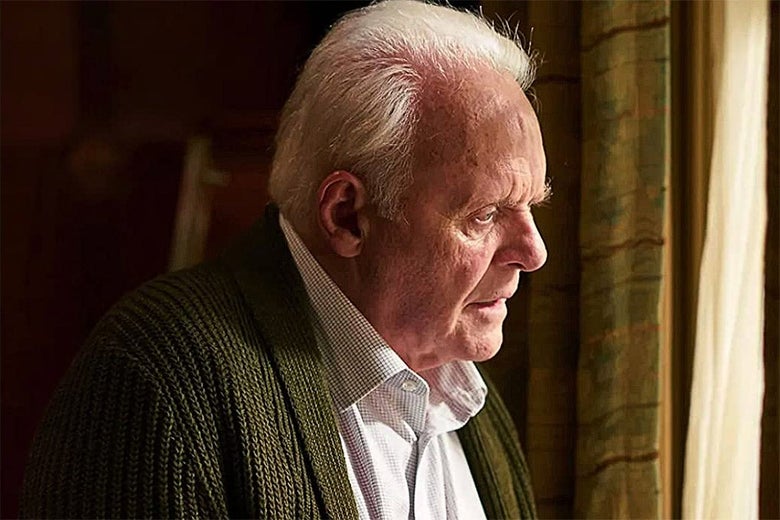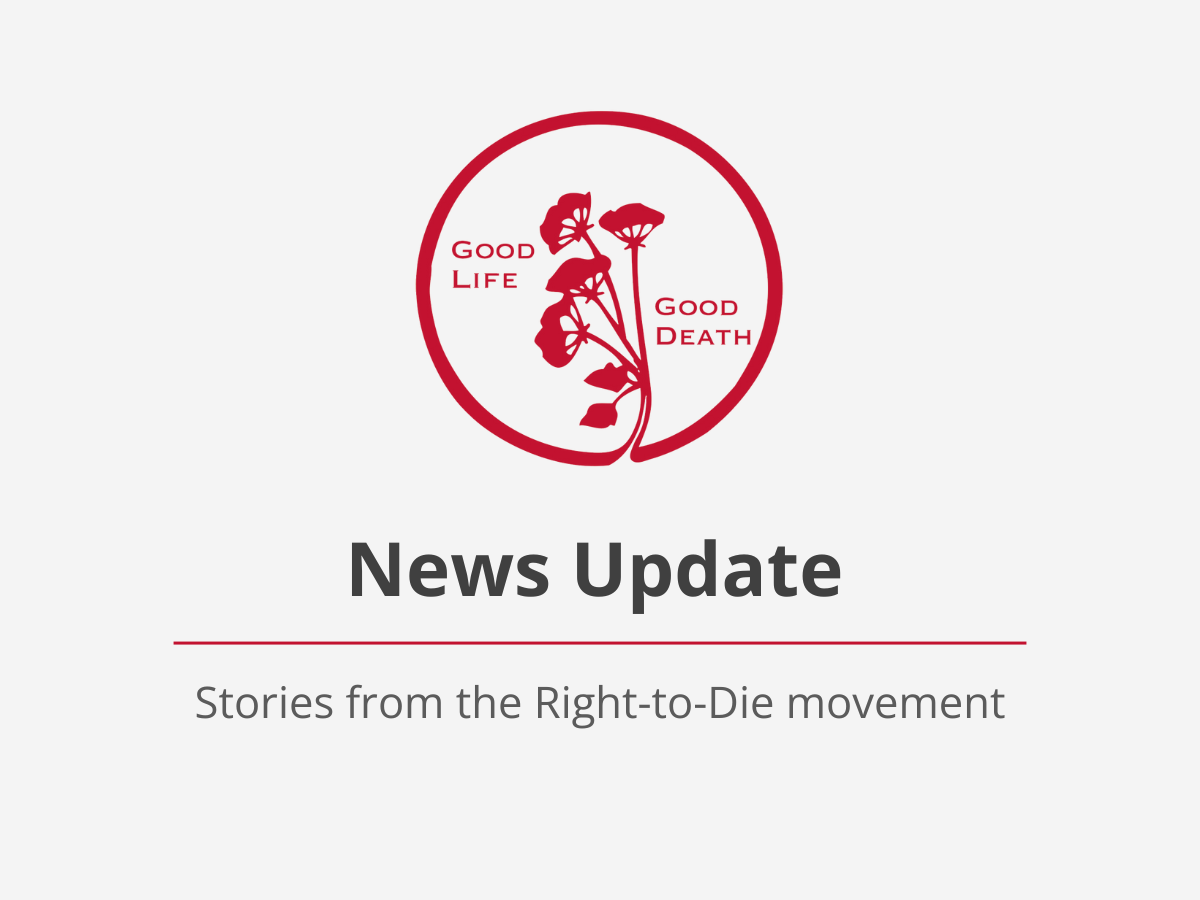Sean Davison has seen a lot of death. Over the last two decades, he has…

The Father . . . a film to spark a movement ???
By Anne M. Haule, Hemlock Society Member and Volunteer
Recently I went to a movie theater and saw my first movie in over 14 months of pandemic. It was so exciting to be in an actual theater again instead watching films online or on zoom.
Walking into the lobby, seeing other movie goers, and smelling the popcorn, it almost didn’t matter whether or not I liked the film. . .but not only did I like it, I found it brilliant, stunning, enlightening and incredibly sad.
I went to see the film “The Father” because Anthony Hopkins won the Oscar for best male lead actor and Olivia Coleman was nominated for her supporting role. I hadn’t read up on the film so the story was going to be a surprise.
Have to say, I was blown away by both Hopkins’ and Coleman’s performances – his dealing with his increasing dementia and her dealing with her increasing anxiety and hurt.
Hopkins’ character, also named Anthony, is a retired engineer in his 80s living in London in his daughter’s flat. Coleman’s character, named Anne, is his daughter who is trying to help him.
The film may be difficult to follow if you’re looking for realism. The scenes, like Anthony’s mind, plays tricks on the viewers making it challenging to make sense out of what you see. The interior of the flat has a painting and then it doesn’t. Anne’s appearance and her husband’s change – reflecting the changes in Anthony’s mind caused by dementia.
The one constant in the film is Anthony’s confusion over the whereabouts of his wristwatch. He continually obsesses about where he left it and suspects both his caregivers and others of stealing it. It’s as if his watch symbolizes his memory and that he’s losing his ability to remember.
At times he’s charming and at times he’s cruel. It’s as if his subconscious is unleashed. In front of Anne, he speaks about her as if she’s not there commenting that she’s not very bright and not very good-looking. On the other hand, he speaks glowingly about all the achievements of his other daughter, Lucy, who he forgets was killed in an accident. His words of derision deeply hurt Anne.
In the final scene, we see Anthony living in a nursing home. His confusion has increased and he cries like a baby. His caregiver speaks to him as if he were a child. Anthony, as we briefly knew him, is gone.
For many of us who are in our 70’s and 80’s, fear of dementia is a real concern. Most of us would rather die than live with dementia. None of us want to burden our loved ones with caring for a person they no longer know and who is hard to love.
Right to die advocates have made some good progress on medical aid in dying – but no progress has been made for those with dementia. Just as cancer can destroy our bodies, dementia destroys our minds. Living in a world without memory and with anxiety filled confusion is inhumane to the individual with dementia and their loved ones.
When you watch this incredible insight into the demented mind, ask yourself if you’d want the ability to die before the indignity of dementia. If the answer is yes, please join the right to die/death with dignity movement to enlighten our lawmakers to allow people the right to die if disease takes their bodies OR their minds.
The Hemlock Society of San Diego has monthly programs on these issues, including its May 16 program on Three Approaches to Dementia. Recordings of these programs are on the web site (hemlocksocietysandiego.org). Those who would rather not live with dementia can refuse food and hydration, as described in “Choosing to Die” by Phyllis Shacter or consult Final Exit Network, a national not-for-profit organization.



Comments (0)